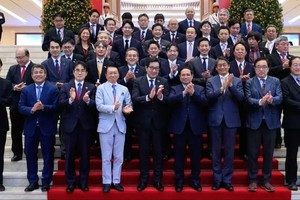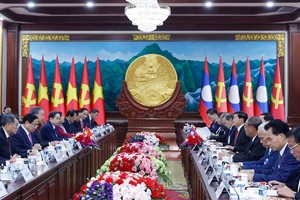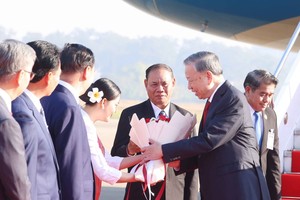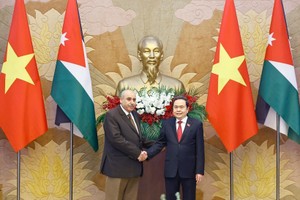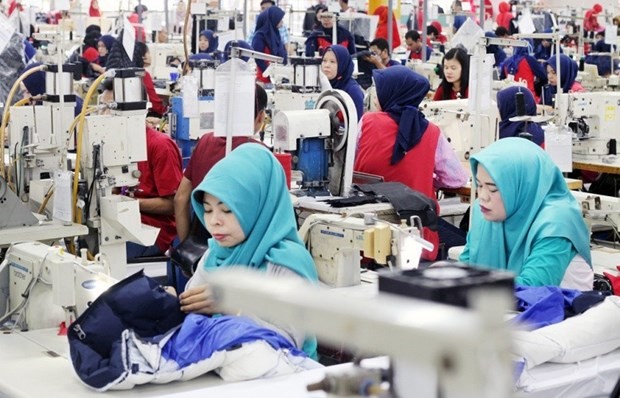
The survey captured Japanese companies' perception of the business climate in 20 countries in Asia and Oceania, including in Indonesia, in which the companies have affiliations.
According to the survey, Indonesia’s manufacturing plants’ productivity only scored 74.4 with an assumption that the respondents’ Japanese companies’ productivity was 100. The country’s score is lower than that of the Philippines, Singapore, Thailand and Vietnam of 86.3, 82.7, 80.1 and 80.0, respectively.
Indonesia’s productivity is also lower than that of Laos and Malaysia, which stood at 76.7 and 76.2, respectively.
One of the main reasons why Indonesia’s industry lags behind Thailand or Vietnam is the former’s dependence on commodities that hampers manufacturing sector development, said JETRO’s Jakarta senior director, Wataru Ueno.
Due to free trade agreements, many industrial products are exported to Indonesia, so the private sector chooses to invest in the resources sector, not the manufacturing sector, and avoids competition with Chinese products, he added.
The survey also revealed that Indonesia had the best productivity only in precision machinery where it scored at 100.25.
The Indonesian government is striving to enhance the country’s workforce skills and productivity by developing vocational training centers, allocating more state budget funds for human resources developing and preparing a pre-employment card program to provide training incentives for workers, among other measures.
Indonesia needs at least 113 million skilled workers by 2030 to achieve economic growth in priority sectors, such as manufacturing, infrastructure and agribusiness. The figure almost doubles the current number of skilled workers.

